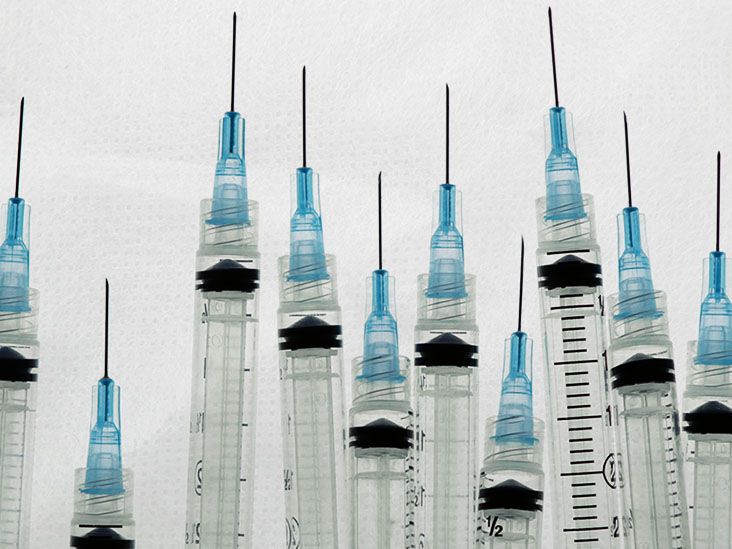A blood urea nitrogen (BUN) test measures the amount of urea nitrogen in the blood. The result can indicate how well a person’s kidneys are working. A higher than normal level of BUN may point to kidney failure.
Urea nitrogen is a waste product the body creates as it breaks down proteins. This urea nitrogen remains in the blood until the kidneys remove it through urination.
According to the Centers for Disease Control and Prevention (CDC), a healthy BUN level ranges from
A person’s BUN level may increase as they get older. A healthcare professional will evaluate kidney health and examine a person’s BUN level alongside other tests such as creatinine and estimated glomerular filtration rate (eGFR) levels. Lab values for BUN may differ pending on which labs do the testing.


